Iran dismisses 'unfounded' allegation of violating Chemical Weapons Convention
Iran's permanent mission to the UN has roundly dismissed allegations that Tehran has violated the Chemical Weapons Convention (CWC), stressing that the Islamic Republic is itself a main victim of such munitions.
In a statement published on its official X account late on Thursday night, the mission described Iran as a victim of the chemical weapons that Western governments provided former Iraqi dictator Saddam Hussein with during its 1980s imposed war, emphasizing that the country stands fully committed to the CWC.
It added that not a single instance of Iranian violation of the treaty has been recorded over the past several decades.
A victim of Western-donated chemical weapons employed by the Saddam regime, Iran stands as a responsible member of the Chemical Weapons Convention (CWC). Over the past several decades, not a single instance of Iranian violation has been recorded. The current unfounded reports are…
— I.R.IRAN Mission to UN, NY (@Iran_UN) November 28, 2024
“The current unfounded reports are merely an outgrowth of psychological warfare propagated by the Zionist regime in the wake of its recent defeat on the Lebanese front,” the statement read.
The Institute for the Study of War (ISW), citing a November 26 report by the Institute for Science and International Security, alleged that Iran had been focusing on how to produce and deliver pharmaceutical-based chemical agents (PBAs) for use in military attacks.
The allegations come as the impacts of chemical attacks against Iranian civilians still can be felt among the affected. During the 1980-88 war, the Iraqi army continuously employed chemical weapons against Iranian combatants and civilians, leaving tens of thousands dead on the spot and many more suffering for years to come.
These attacks included the use of mustard gas and other chemical agents, provided by Western governments for former Iraqi dictator Saddam Hussein's regime.
One of the most notable chemical attacks occurred in the Iranian city of Sardasht, a small city in Iran’s West Azarbaijan Province. The attack killed at least 119 Iranian civilians and injured another 8,000, leaving some of them permanently disabled.
Iran, over the years, has slammed the Western governments for supplying chemical weapons to the former Iraqi dictator, while also calling on the international community to focus on the chemical activities of the Israeli regime.
Earlier on Wednesday, Kazem Gharibabadi, who serves as head of the Iranian Judiciary’s High Council for Human Rights, urged the United Nations Security Council to impose sanctions on Israel over its use of banned chemical weapons against “defenseless people” in Palestine and Lebanon.
“We condemn the Zionist regime's use of chemical weapons and other hazardous materials, including white phosphorus and depleted uranium, against the defenseless people of Palestine and Lebanon," Gharibabadi said while addressing the 29th Session of the Conference of the States Parties to the Chemical Weapons Convention (CSP-29) held in The Hague on Wednesday.
Last month, Lebanon’s official National News Agency reported that Israeli forces had used internationally banned phosphorus munitions during a series of strikes on the outskirts of the southeastern Lebanese border town of Kfar Shuba.
On September 27, Israeli forces dropped over 80 tons of explosives on the southern suburb of Beirut using bunker-buster bombs, which contained depleted uranium (DU).
Back in March, Human Rights Watch (HRW) reported that Israel had used white phosphorus bombs in south Lebanon once again, warning that the regime’s “use of airburst white phosphorus munitions in populated areas indiscriminately harms.”
In its investigation, HRW also verified the use of white phosphorus munitions by the Israeli military in at least 17 municipalities across south Lebanon since October 2023.
‘Ready for next round’: Million-man rally in Yemen backs Gaza, resistance
FM Araghchi departs Muscat for Doha following nuclear talks with US
Israeli keeps killing more Palestinian civilians in Gaza amid relentless ceasefire violations
Aliyev: Azerbaijani territory will not be used for threats against Iran
Turkey arrests two on charges of spying for Israeli regime
Iran FM declares ‘good start’ as US–Iran talks conclude in Muscat
Iran strongly condemns 'terrorist' mosque blast in Islamabad
Iran enters talks backed by national power, popular support: MP


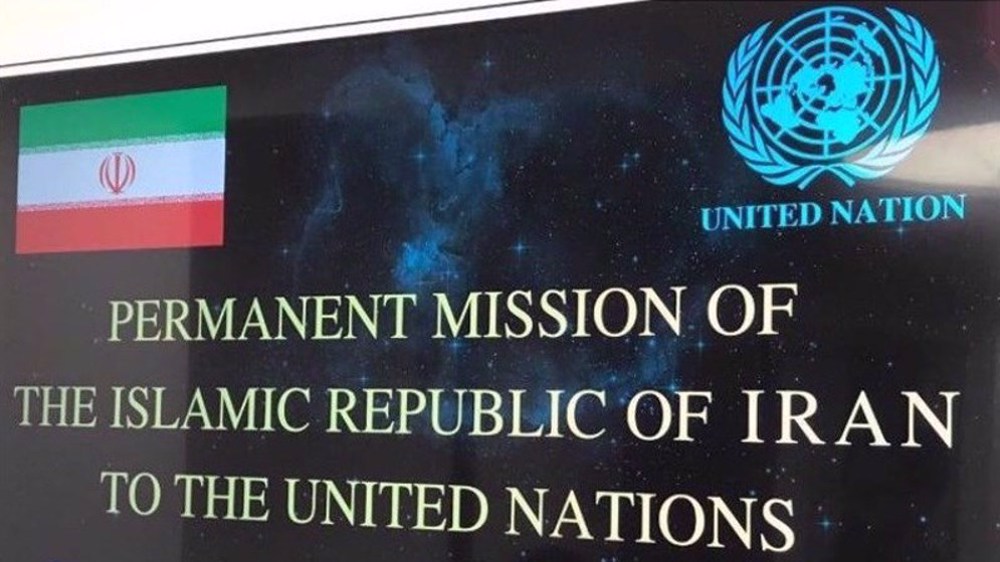
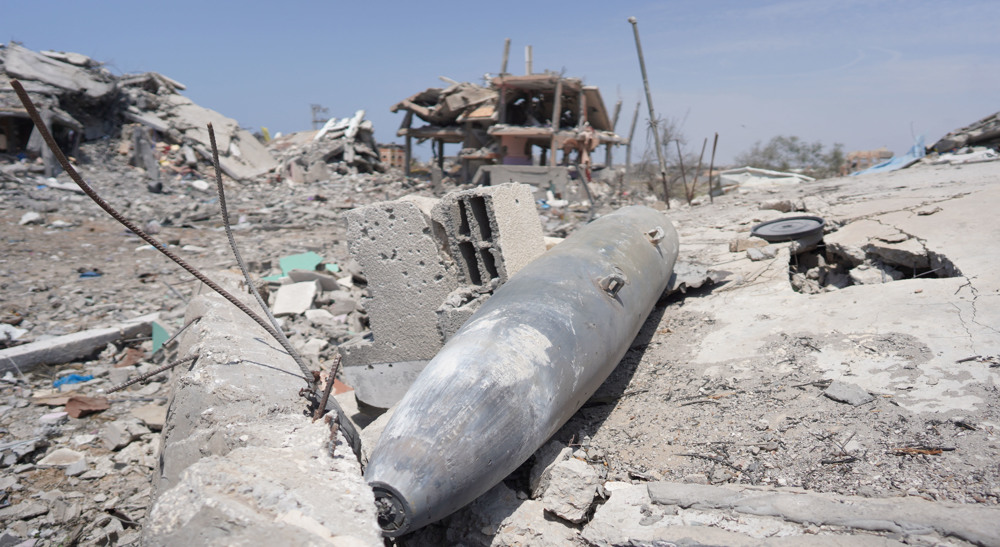
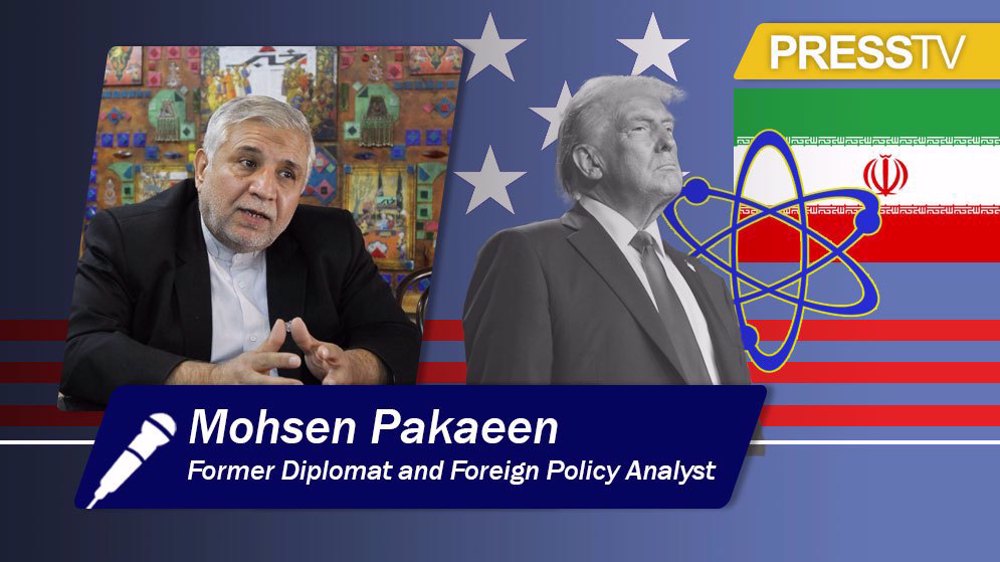
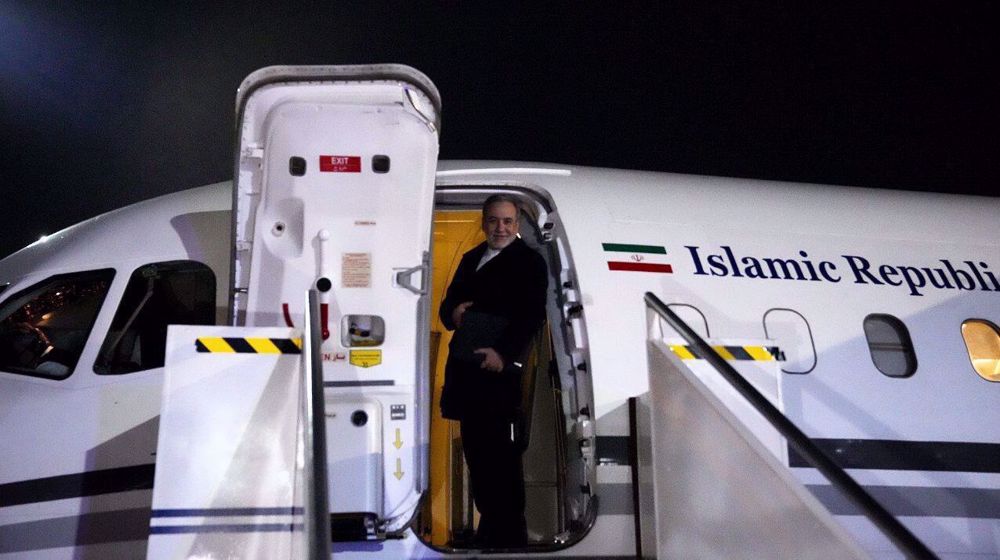
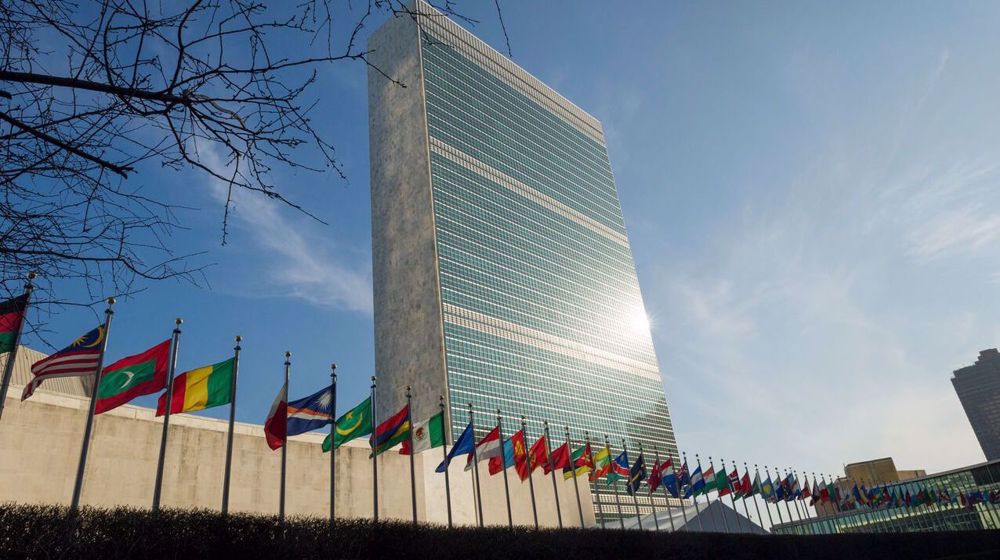



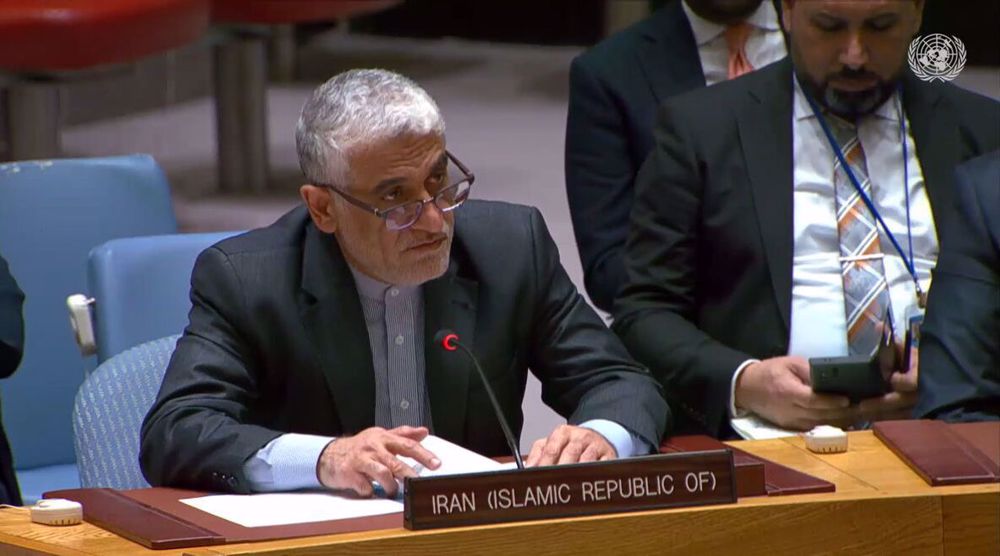
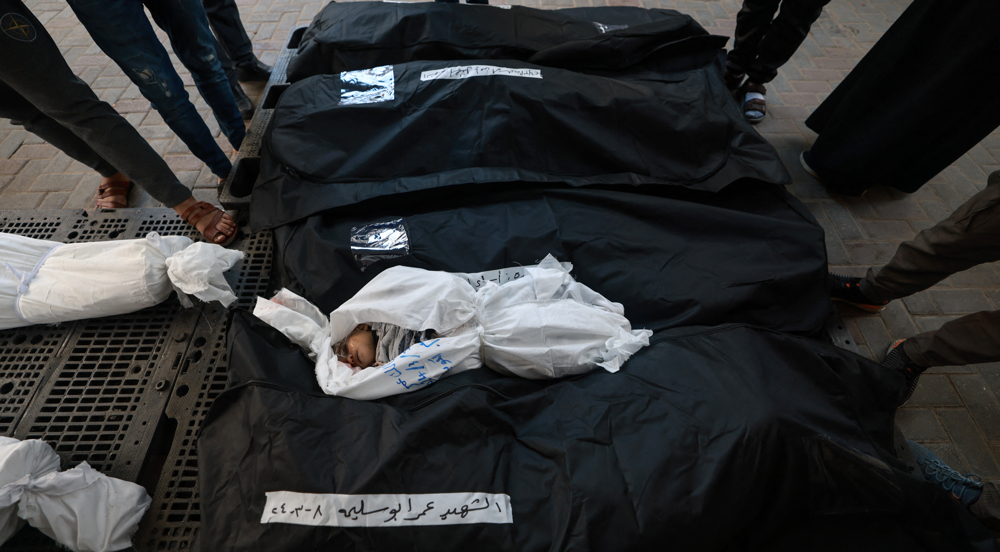
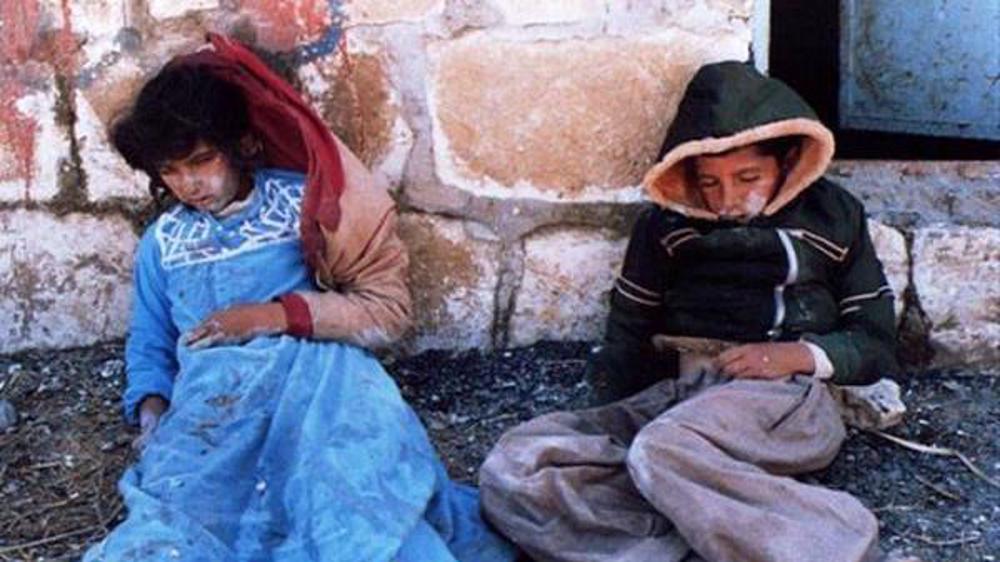
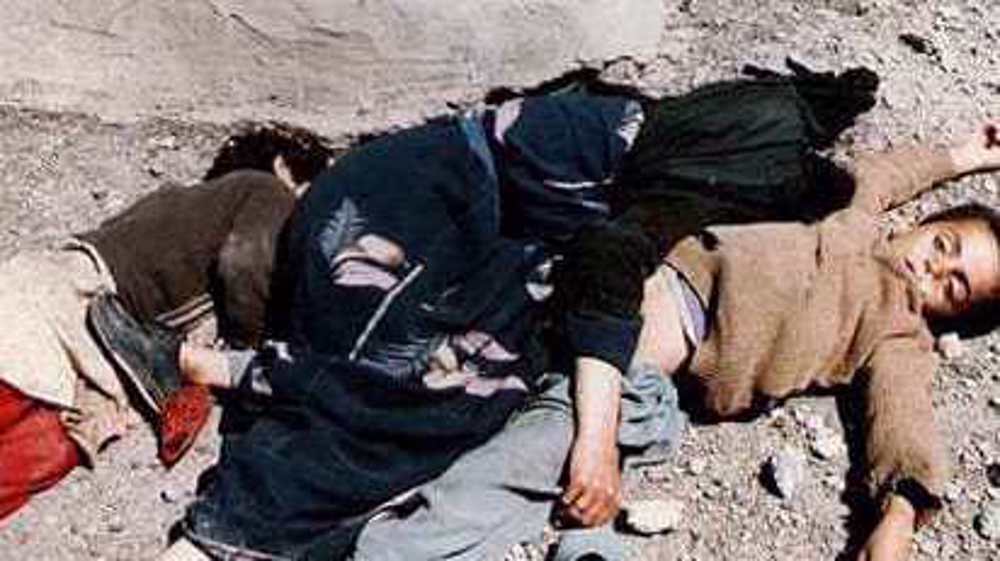
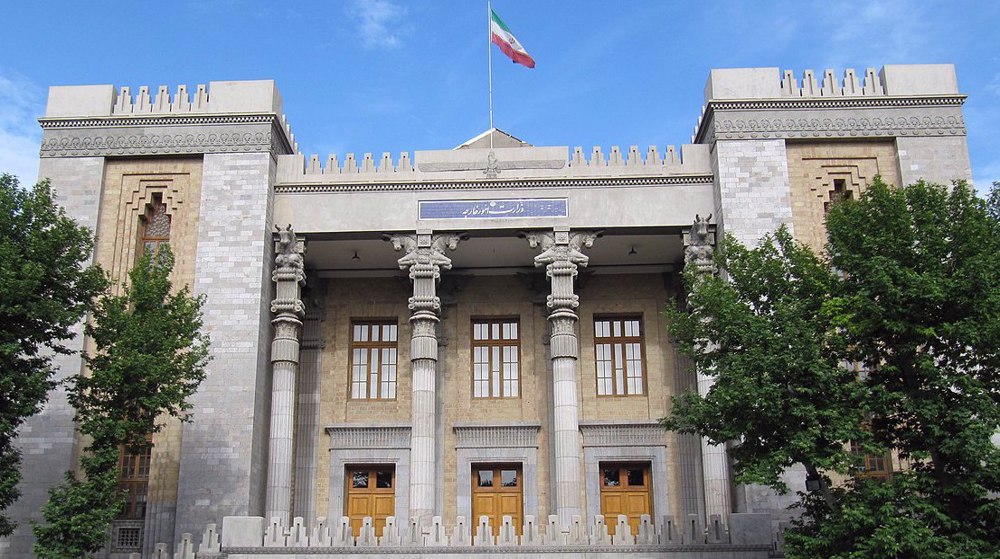
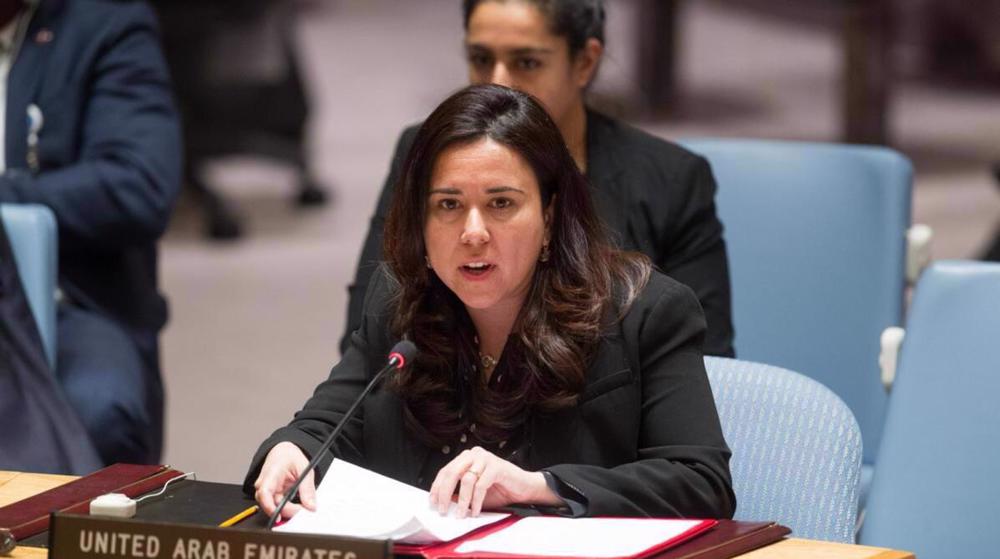
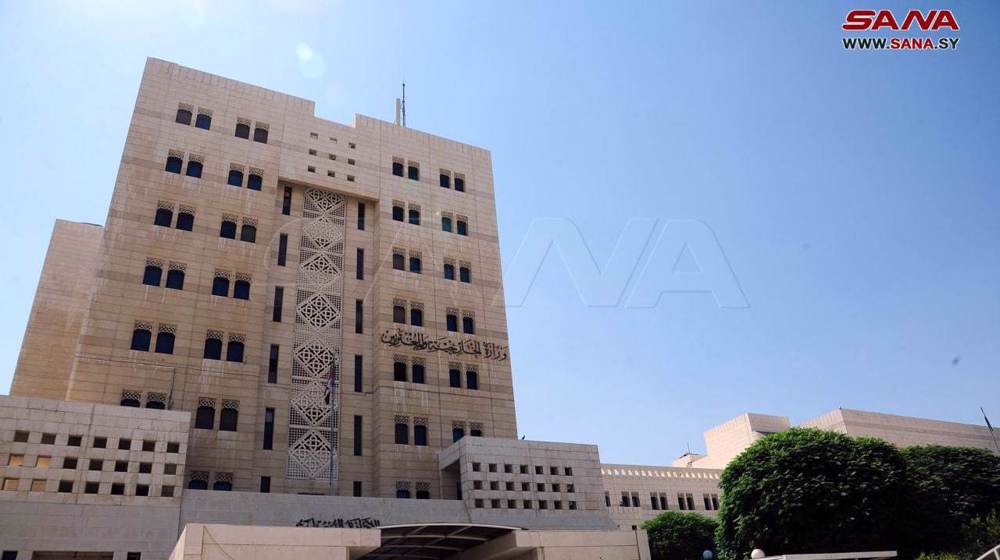

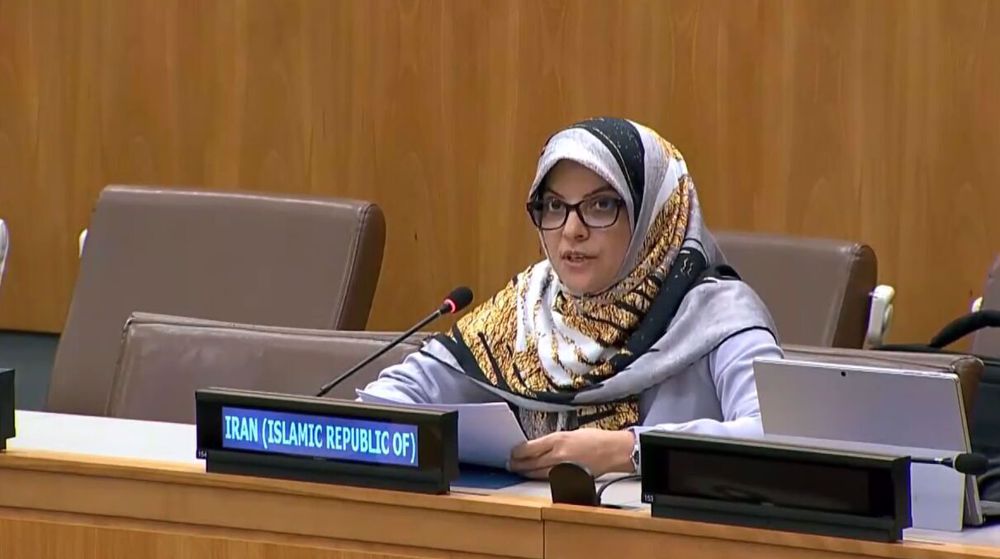

 This makes it easy to access the Press TV website
This makes it easy to access the Press TV website